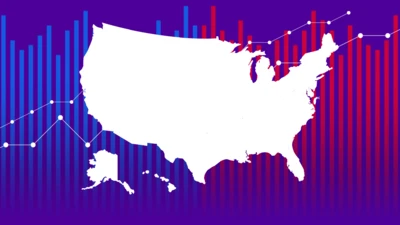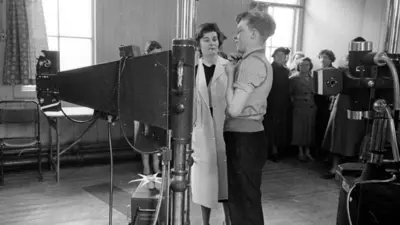We've updated our Privacy and Cookies Policy
We've made some important changes to our Privacy and Cookies Policy and we want you to know what this means for you and your data.
The symbolism of Xi Jinping's trip south
- Author, Zhuang Chen
- Role, Editor, 91╚╚▒¼Chinese.com
There were no red carpets and only modest meals when China's new Communist Party leader Xi Jinping began his visit to the southern boomtown of Shenzhen last week, but the significance of this trip should not be played down.
State media made no mention of the new leader's presence in Guangdong province until Sunday even though it was his first official trip outside of Beijing since he was anointed last month.
In travelling south he is replicating the famous tour of Guangdong and Shenzhen made in 1992 by China's then reformist leader, Deng Xiaoping. That was the trip that reinvigorated the country's economic reform agenda.
Quite a number of communications about China's leadership come in code and so this is no exception.
In mirroring that iconic journey, Xi Jinping was sending out a message that he too intends to strive for economic reform.
Radical experiment
We know very little so far about Mr Xi's economic policies, so this might be the closest it gets to a statement of intention.
Shenzhen was a small sleepy village on the border with Hong Kong before it was designated a special economic zone by Deng Xiaoping in 1980, beginning its transformation into a bustling economic powerhouse.
It was the radical experiment that kick-started China's economic boom, the first dabbling in a market economy.
Mr Deng launched modernisation under a slogan which neatly summed up exactly what it was about: "Reform and Opening". Reports say that in a speech over the weekend Mr Xi endorsed this vision.
"We will continue down this path, unswervingly continue down the path of enriching the country and the people, and will break new ground," he is quoted as saying.
Mr Xi has history in these parts too. His father was handpicked by Mr Deng to be Guangdong's governor. He even paid tribute at a bronze statue of Mr Deng.
The year 1992 was a difficult time for China, which was reeling from the pro-democracy protests of a few years earlier. Conservative voices argued that the country was moving too fast and too far from the socialist model. They argued that this was the time to slow down and stick to a centrally planned economy.
But in making that trip down south Mr Deng rejected such interpretations and reaffirmed his reform agenda which involved continuing transfers to private ownership and pushing forward the market economy.
Motorcade for the people
This time round China's economic strength is faltering after a decade of double-digit growth and economic development is at a critical juncture. This has prompted concerns about social justice and social unrest.
Mr Xi is now saying that China should push aggressively for economic growth and this journey is likely to be a signal that he will try to restructure the economic growth model.
He wants to make China less reliant on exports and boost domestic consumption as well as increase China's production of high value products such as LCD television screens and smart phones.
This southern tour has also seen another kind of shift. Late last month he put forward new regulations stating that formality needed to be reduced, there should be fewer red carpets and ribbons should not be routinely cut.
This was a low-key trip and it seems likely he asked state media not to provide the usual blanket coverage.
On Sunday local police tweeted that in a 150km (93-mile) trip made by Mr Xi, not a single road had been closed for his motorcade. His vehicles ran side-by-side with private cars.
It is a far cry from the last generation of leaders and this symbolism - or rather lack thereof - has not been lost on the Chinese people.
Many users on China's twitter-like weibo gave him favourable coverage, impressed by the informality, the low-key nature of this trip and his demeanour. So far it appears as if his approach has paid off in public relations terms.
But in a country full of symbols, people know that what they need to look out for is the tangible impact of the reforms - if and when they ever come.
Top Stories
More to explore
Most read
Content is not available








